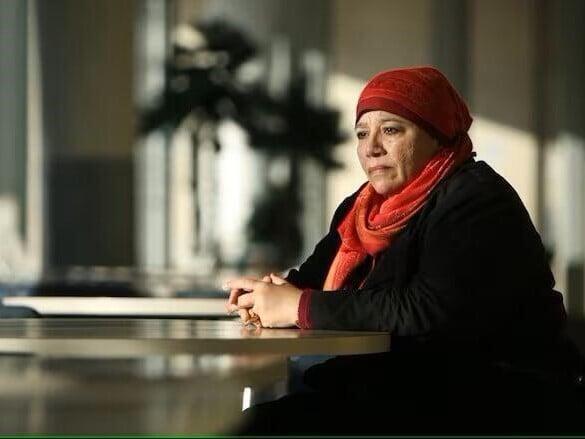Belonging Through Culture:
Combatting Loneliness in Communities
In Canada, who is affected by loneliness?

Students
Nearly 70% of Canadian students reported feeling lonely.

Older Adults
58% of Canadians aged 50+ have reported feeling lonely.

New Parents
52% of new parents, moms especially,
felt lonely and isolated.
Loneliness is felt more acutely at different stages of Canadian's lives.
Roughly a third of all Canadians (34%) will experience feelings of loneliness at some stage of their lives.
Culture and Community: A Remedy for Combatting Loneliness
Loneliness also reveals something essential: our deep, intrinsic need for connection and community. In this sense, it holds the potential to catalyze change, prompting us to reimagine how we build communities, create inclusive cultural spaces, and design programs that foster meaningful belonging. Addressing loneliness requires not just combating isolation but nurturing environments where people feel embraced, valued, and part of something larger than themselves.
In a time defined by rapid change and uncertainty, combating loneliness through culture and community may be one of the most urgent and transformative challenges of our era.
It is time to tackle this important social issue in our community through one of our best avenues for community change: cultural programming offered by cultural organizations in our community. At its core, this project will explore how cultural programming can become a catalyst for connection, helping individuals feel seen, valued, and supported. By creating opportunities for dialogue, creative expression, and collective experiences, the project aims to nurture a more cohesive community fabric and address the isolation many people experience today.
Be Part of the Solution.
An Invitation to Join A Collaborative Pilot Project in the Edmonton Capital Region
We welcome museums, theatre groups, orchestras, libraries and other cultural organizations and venues, along with mental health practitioners, student organizations, parent organizations, immigration groups, social interest groups and other relevant organizations in Edmonton and region to reach out to us if they are interested in participating in a in pilot project to combat loneliness in Edmonton and region.
This project will utilize our Cultural Innovation Lab process to determine a collective approach to combat loneliness in the Edmonton region through culture and connection, one that we will learn from and use as a launching point for work in other communities.



